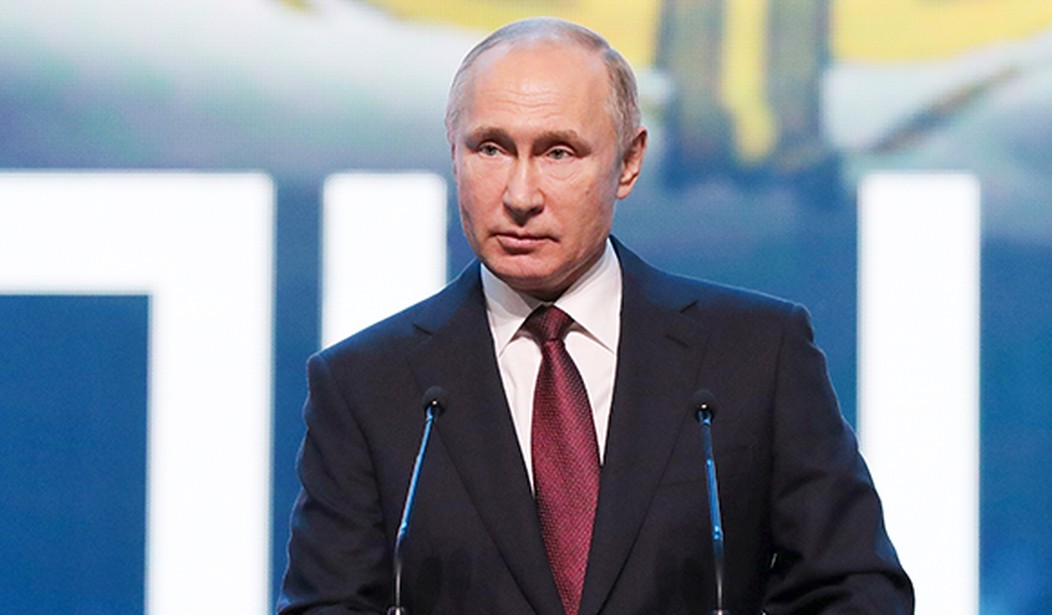On May 31, President Donald Trump announced that the annual summit of the G-7, a group of wealthy nations with approximately 45% of the world’s total GDP between them, will be postponed. Given German Chancellor Angela Merkel’s decision to forgo an in-person summit and an ongoing coronavirus crisis, the cancellation is hardly a surprise.
What was surprising, however, is Trump’s desire to enlarge the G-7. Calling the group “very outdated,” Trump expressed his intent to bring Australia, South Korea, India, and Russia into the discussion. The inclusion of Russia, of course, unleashed the predictable wave of outright opposition from pundits, former ambassadors. and national security analysts in Washington. British Prime Minister Boris Johnson and Canadian Prime Minister Justin Trudeau quickly called the idea of re-admitting Russia into the group a non-starter. Yet Trump has persisted, telling Fox News on June 3 that allowing Russian President Vladimir Putin to participate is a “common sense” idea because Russia is often a main subject during the meetings.
Permitting Moscow to re-join after a six-year hiatus requires unanimity, which means U.K. and Canadian opposition will block such a development from happening for the foreseeable future. Whether or not you agree with Trump’s idea of inviting Russia back into the fold, the case for a renewed, pragmatic dialogue with the Russians is a strong one.
Prudent, white-knuckled diplomacy is a valuable ingredient of smart statecraft on any given day. But it is especially helpful and necessary when bilateral relations are souring.
As Russian deputy foreign minister Sergei Ryabkov stated to the National Interest’s Jacob Heilbrunn in an interview, "The current state of our bilateral relations [with the U.S.] is probably worse than we have experienced for decades preceding this current moment.”
Recommended
U.S.-Russia relations aren’t getting any better. As a candidate, Trump was interested in improving the relationship between Washington and Moscow—but the climate in Washington, D.C. and in some corners of his own administration is hardly hospitable to a detente. Dragging U.S.-Russia relations out of the ditch is essentially viewed by much of the Beltway as both inappropriate and morally repugnant, as if talking with the Russians on any subject is some type of reward for bad behavior.
Even some of the most respected and experienced members of the U.S. diplomatic corps—the very people who should know the necessity and usefulness of dialogue during times of tension—have discovered it’s more popular to simply use tough language against Moscow than offer ideas on how to inject a small dose of stability and predictability into the relationship.
While nobody is anticipating a return to full-scale nuclear brinkmanship anytime soon, it is indisputable that relations between Washington and Moscow are at their least productive since the early 1980’s missile-buildup in Europe.
The demise of the INF Treaty; the Trump administration’s decision in May to withdraw from the Open Skies Treaty; and Russia’s looser restrictions on nuclear weapons use in a conflict have created a scenario where a 21st century arms race can no longer be dismissed as a small possibility. If the New START accord expires in less than 10 months, the U.S. and Russia will return to a situation where there are no nuclear guardrails at all—a scenario both nations haven’t experienced since 1972.
The U.S. and Russia, two countries with 90% of the world’s nuclear stockpile between them, have a unique interest in strategic stability. Marshall Billingslea, Washington’s special envoy for arms control issues, announced this week that nuclear weapons reduction talks with Moscow will begin on June 22, giving both sides roughly eight months to come to some kind of arrangement before New START expires in February of next year. Yet simply sitting down in the same room is insufficient; if ambition overrules compromise and a realistic sense of what is achievable, strategic stability will be put at risk.
That mutual national security interest is already resting on thin ice. At the same time the U.S. military scolds Moscow about Russian aircraft intercepting U.S. surveillance planes over international airspace, Russian military officers are condemning the U.S. for flying strategic B-1B bombers near Russia’s borders. U.S. and Russian forces are also skirmishing on the ground; according to the Pentagon's Inspector General for the counter-ISIS campaign, northeastern Syria is a tinderbox of competing armies. It’s not uncommon for Russian convoys to harass U.S. personnel in the area. Russian convoys have been blocked on the roads by U.S. checkpoints on numerous occasions. All of this is a recipe ripe for a miscalculation, which could spiral into a deadly incident.
Russia’s behavior should not be excused. When Moscow threatens the integrity of U.S. infrastructure, hacks the American people’s personal email accounts, or cheats on arms control treaties, the U.S. has a responsibility to denounce such actions and respond in a measured way.
A mistaken belief that diplomatic isolation and economic pressure alone will force a proud nation to meekly surrender what it views as its own core national interest will do nothing to fix a broken relationship. If Washington and Moscow could talk to one another during their ideologically-charged Cold War struggle, they can at least attempt to do so today.
Daniel R. DePetris is a fellow at Defense Priorities and a columnist at the Washington Examiner.

























Join the conversation as a VIP Member